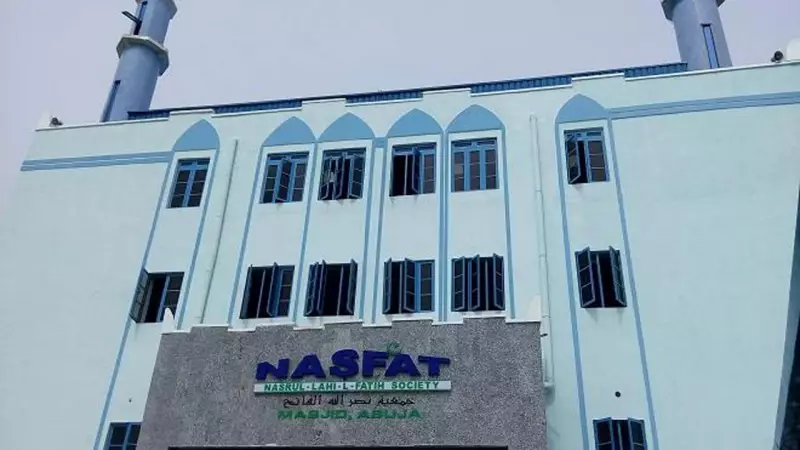
In a significant move toward poverty alleviation, the Nasfat Agency for Zakat and Sadaqat (NAZAS) has distributed a whopping ₦174 million to vulnerable Nigerians across the country. The substantial disbursement reached approximately 1,200 beneficiaries, marking one of the largest zakat distributions in recent times.
Empowering the Needy Nationwide
The funds were strategically allocated to support various sectors of society, including:
- Education support for students
- Healthcare assistance for medical treatments
- Business capital for entrepreneurs
- Essential welfare packages for families
This comprehensive approach ensures that the zakat funds address multiple aspects of poverty and create sustainable impact in communities.
Call for Increased Zakat Awareness
During the disbursement ceremony, NAZAS officials emphasized the urgent need for greater awareness about zakat among Nigerian Muslims. They highlighted that proper implementation of zakat could significantly reduce poverty levels and stimulate economic growth within Muslim communities.
"Many Muslims are unaware of their zakat obligations or how to properly calculate and distribute them," noted a NAZAS representative. "This lack of awareness represents a massive untapped potential for social development."
Transparency and Trust Building
The agency stressed its commitment to transparency in zakat collection and distribution, recognizing that trust is crucial for encouraging more Muslims to fulfill their religious obligations through organized channels rather than individual distributions.
Economic Impact of Zakat
Financial experts suggest that if properly harnessed, zakat could become a powerful tool for:
- Wealth redistribution
- Poverty reduction
- Community development
- Economic stabilization
The ₦174 million disbursement demonstrates the substantial financial resources that can be mobilized through systematic zakat collection.
Future Plans and Expansion
NAZAS announced plans to expand its operations across more Nigerian states, establishing better collection mechanisms and improving the efficiency of fund distribution to ensure zakat reaches those who need it most.
The success of this disbursement serves as a powerful reminder of the transformative potential of zakat when managed through structured, transparent systems that prioritize genuine need and sustainable impact.






